RAM, or Random Access Memory, is an essential component of any computer system. It provides the processing power and memory capacity your computer needs to run applications and perform various tasks.
RAM comes in different speeds, ranging from as low as 800 MHz to as high as 5000 MHz. One of the most popular RAM speeds currently available is 3000 MHz. This article will explore whether 3000 MHz RAM is a good option for your computer.
Is 3000mhz RAM Good?
3000MHz RAM is a type of computer memory that operates at a clock speed of 3000 megahertz or 3 gigahertz. It is a type of DDR4 RAM, which is the most common type of RAM used in modern computers.
The higher clock speed of 3000MHz allows faster data transfer and improved overall system performance.To answer the question of whether 3000 MHz RAM is good, we must first understand what RAM speed means and how it affects the performance of a computer.
RAM speed is measured in megahertz (MHz) and refers to the frequency at which the RAM modules can transfer data. Higher RAM speeds mean data can be transferred faster between the RAM and the processor, resulting in faster performance.
However, RAM speed is not the only factor that determines the performance of a computer. Other factors, such as the CPU, GPU, storage, and software, also play a significant role.
Therefore, upgrading your RAM to 3000 MHz alone may not result in a significant performance boost unless you have a CPU and GPU that can take advantage of the higher RAM speed. That said, 3000 MHz RAM is a good option for computers with powerful CPUs and GPUs.
If your computer is running a high-end processor, such as an Intel Core i9 or an AMD Ryzen 9, and a powerful graphics card, such as an NVIDIA RTX 3080, then upgrading to 3000 MHz RAM can help improve the overall performance of your system. This is because these powerful CPUs and GPUs can take advantage of the faster data transfer speeds provided by, the higher RAM speed.
Another factor to consider is the type of applications you use on your computer. If you are running applications that require a lot of memory, such as video editing software or virtual machines, then upgrading to 3000 MHz RAM can help improve the performance of these applications.
This is because these applications require fast access to large amounts of data, and the faster data transfer speeds provided by higher RAM speeds can help speed up the processing of this data.
However, it is important to note that upgrading your RAM to 3000 MHz may not be necessary for all users.
If you are running basic applications, such as web browsing and word processing, the performance gains from upgrading to 3000 MHz RAM may be minimal. In this case, sticking with a lower RAM speed, such as 2400 MHz or 2666 MHz, may be more cost-effective.
In addition to the performance gains, there are other factors to consider when upgrading your RAM to 3000 MHz. One factor is compatibility. Not all motherboards and CPUs support 3000 MHz RAM, so you will need to check the specifications of your motherboard and CPU before upgrading.
Another factor is cost. 3000 MHz RAM is generally more expensive than lower-speed RAM, so you will need to weigh the performance benefits against the cost of upgrading.
In conclusion, 3000 MHz RAM is a good option for users with powerful CPUs and GPUs and those running memory-intensive applications.
However, it may not be necessary or cost-effective for all users. Before upgrading your RAM to 3000 MHz, it is important to check the compatibility of your motherboard and CPU and weigh the performance benefits against the cost of upgrading.
The Impact of RAM Speed on PC Performance
The speed of Random Access Memory (RAM) can significantly impact a PC’s performance. RAM is responsible for storing data temporarily, allowing the CPU to access it quickly when needed. The faster the RAM, the quicker the CPU can access data, leading to faster overall performance.
However, it is important to note that RAM speed is not the only factor that affects PC performance. Other factors, such as the CPU, storage drive, and graphics card, also play a crucial role in determining the overall performance of a computer.
That being said, upgrading to faster RAM can provide noticeable improvements in certain scenarios, particularly in tasks that involve heavy multitasking or memory-intensive applications such as video editing or gaming.
In such scenarios, faster RAM can reduce the time it takes to load large files or switch between applications, resulting in a more seamless user experience.
It is also important to note that the impact of RAM speed on PC performance may vary depending on the other hardware components in the system. For example, if the CPU or graphics card is not powerful enough, upgrading to faster RAM may not result in significant improvements.
When considering upgrading RAM speed, ensuring compatibility with the motherboard and other hardware components is important. Additionally, it may be worthwhile to consult with a computer technician or research to determine the optimal RAM speed for a particular system.
How Does 3000MHz RAM Compare to Other Speeds?
When it comes to RAM (Random Access Memory), the speed of the RAM plays a crucial role in the performance of your computer.
RAM temporarily stores data your CPU needs to access quickly, such as running programs, browsing the internet, or editing documents. The faster the RAM, the quicker the CPU can access the data it needs, resulting in faster overall system performance.
3000MHz RAM is a relatively high speed for RAM, and it can significantly boost your computer’s performance compared to slower RAM speeds. For comparison, standard DDR4 RAM typically runs at speeds between 2133MHz and 2666MHz.
When comparing 3000MHz RAM to other speeds, it’s essential to consider the trade-offs between speed and cost. As RAM speeds increase, the cost also increases, which means that 3000MHz RAM is generally more expensive than slower RAM speeds.
However, the cost of 3000MHz RAM may be worth it for users who demand high performance, such as gamers, video editors, and graphic designers. These users require a lot of processing power, and faster RAM can help to reduce load times, improve frame rates, and speed up rendering times.
It’s also worth noting that the benefits of faster RAM will be more apparent when paired with a high-performance CPU and GPU. If you’re using an older or slower computer, upgrading to faster RAM may not provide as significant a performance boost as expected.
In summary, 3000MHz RAM is a high-speed RAM that can provide a noticeable performance boost for users who require a lot of processing power. While it may be more expensive than slower RAM speeds, the benefits of faster RAM can be well worth the cost for demanding users.
The Pros and Cons of Using 3000MHz RAM
The main advantage of using 3000MHz RAM is its speed. It is significantly faster than lower-frequency RAM, meaning data can be easily accessed and transferred. This can result in improved system performance, especially when running applications that require a lot of memory, such as gaming, video editing, and graphic design software.
However, there are also some downsides to using 3000MHz RAM. One of the most significant disadvantages is that it is more expensive than lower-frequency RAM. This can be a significant factor when building a computer on a budget.
Additionally, not all systems are compatible with 3000MHz RAM, so it is essential to ensure that the motherboard and CPU are compatible before purchasing.
Another potential issue with 3000MHz RAM is that it can generate more heat than lower-frequency RAM. This can lead to instability and crashes, especially if the system is not adequately cooled. Therefore, ensuring the system has adequate cooling before using 3000MHz RAM is crucial.
In summary, 3000MHz RAM can improve system performance for memory-intensive applications. However, it is more expensive, may not be compatible with all systems, and may require additional cooling measures to avoid stability issues. Ultimately, using 3000MHz RAM depends on the user’s specific needs and budget.
Conclusion
In conclusion, 3000MHz RAM can be a good choice for many computer users, particularly gamers and content creators who require high performance.
However, the actual performance gain may vary depending on the specific system configuration, workload, and other factors.






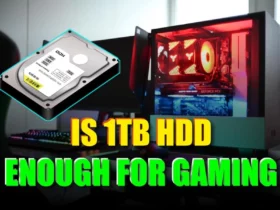
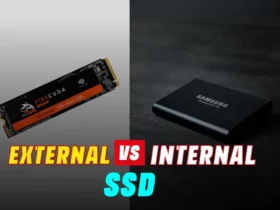
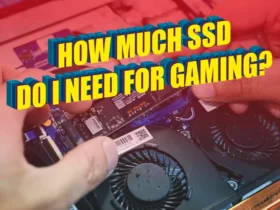

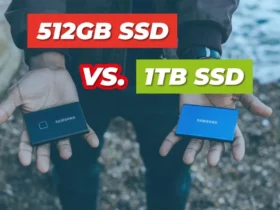




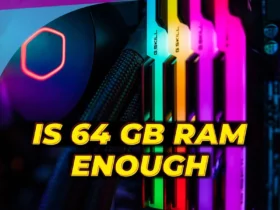
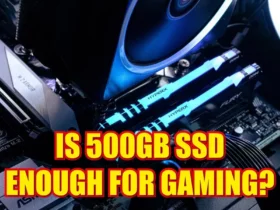
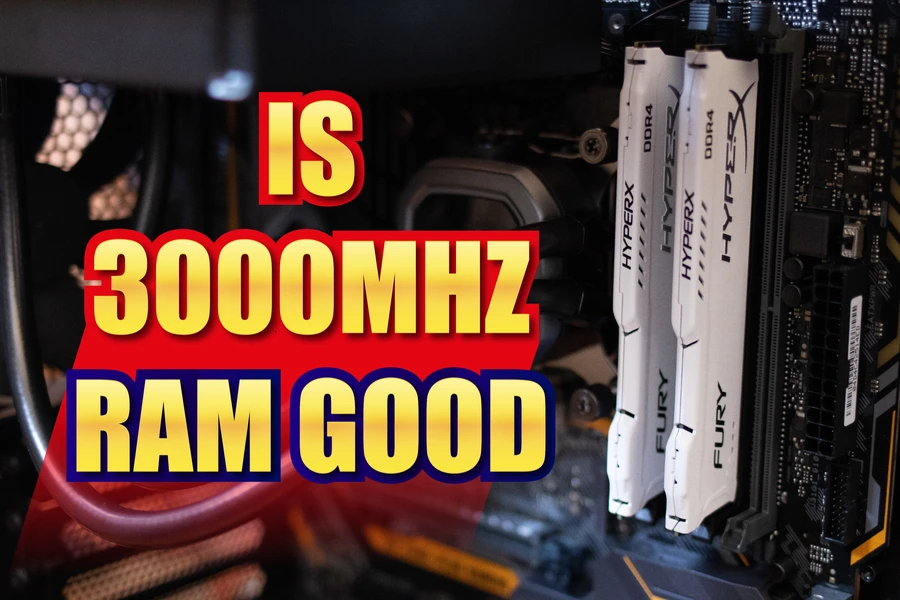
Leave a Reply